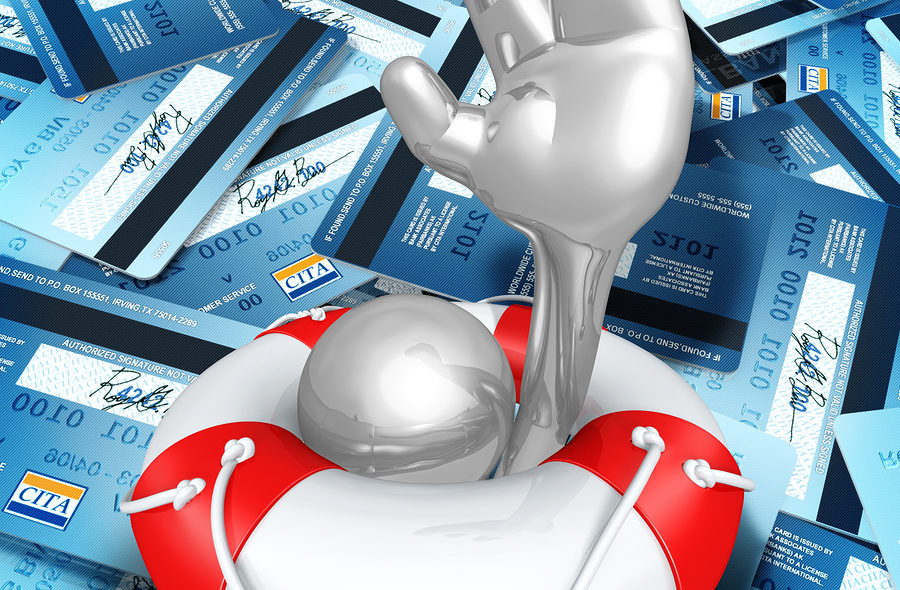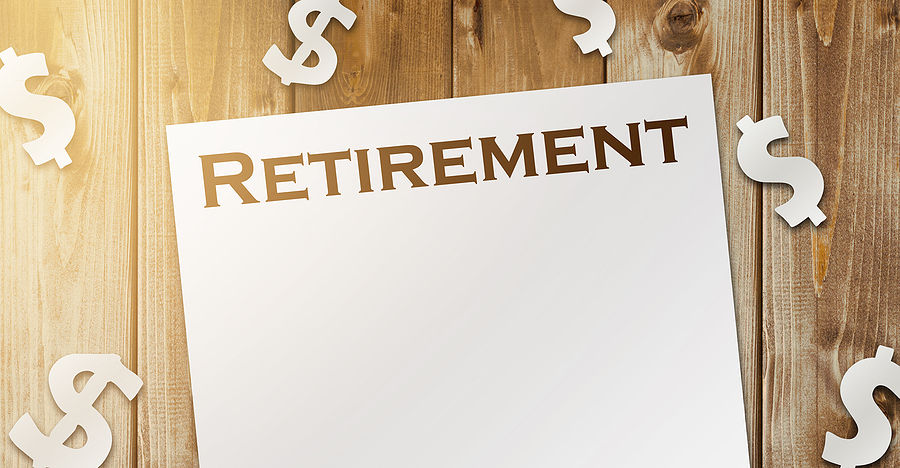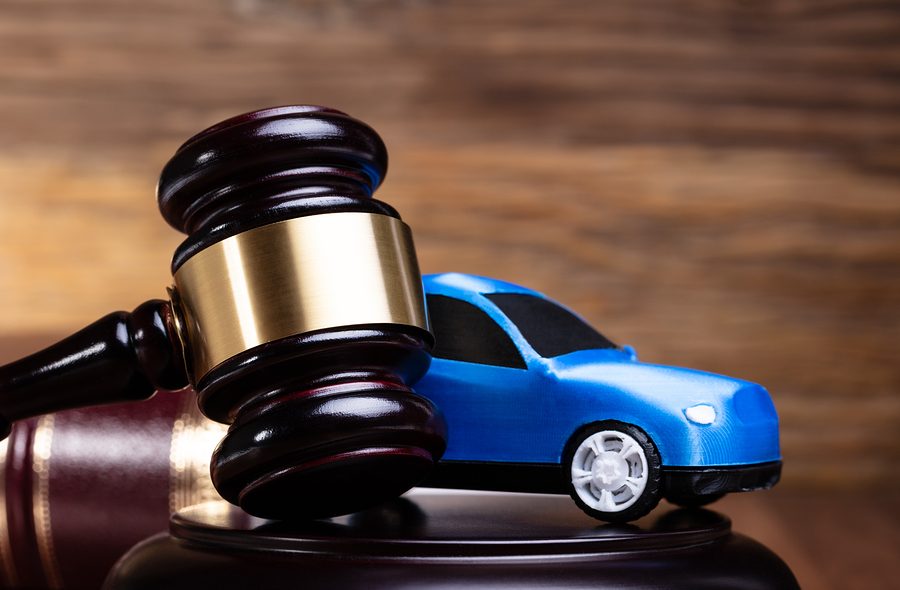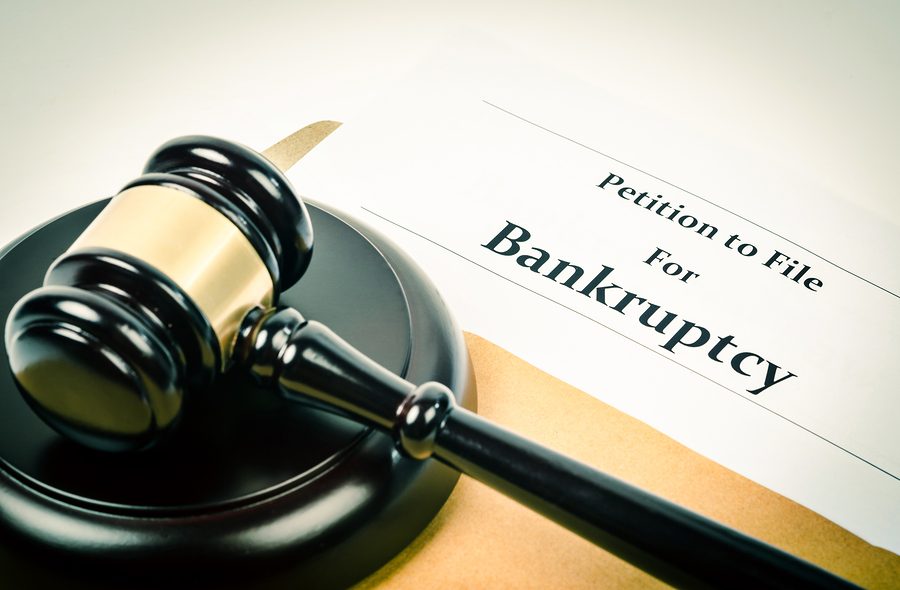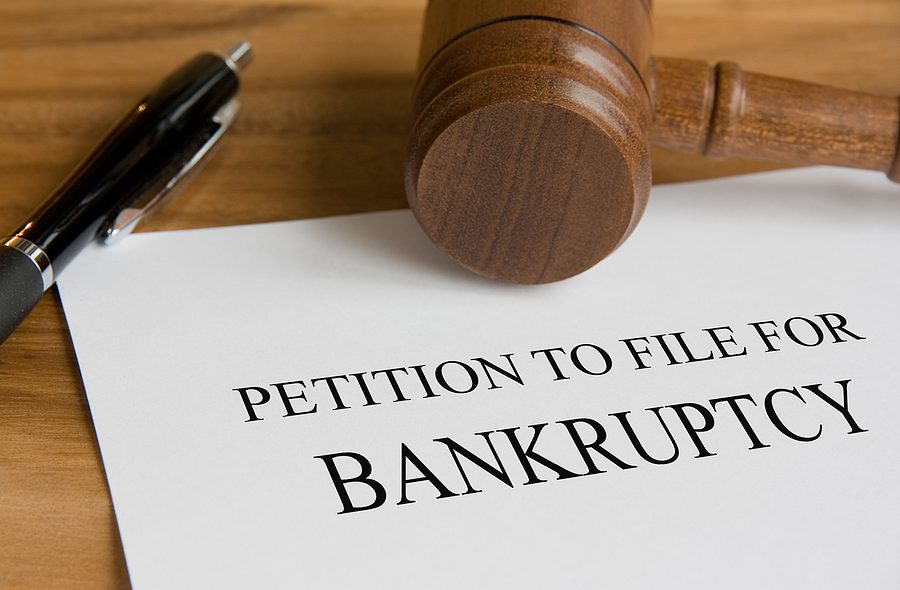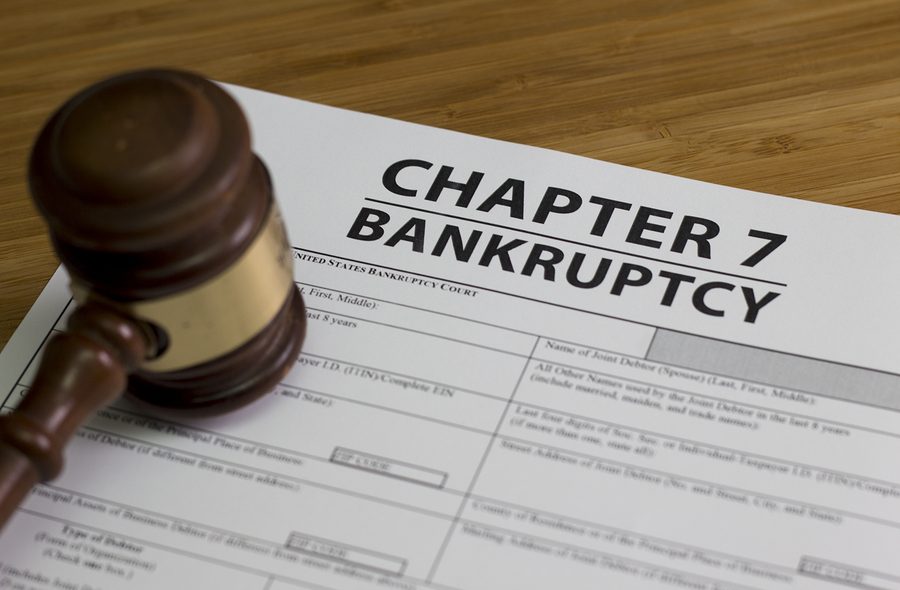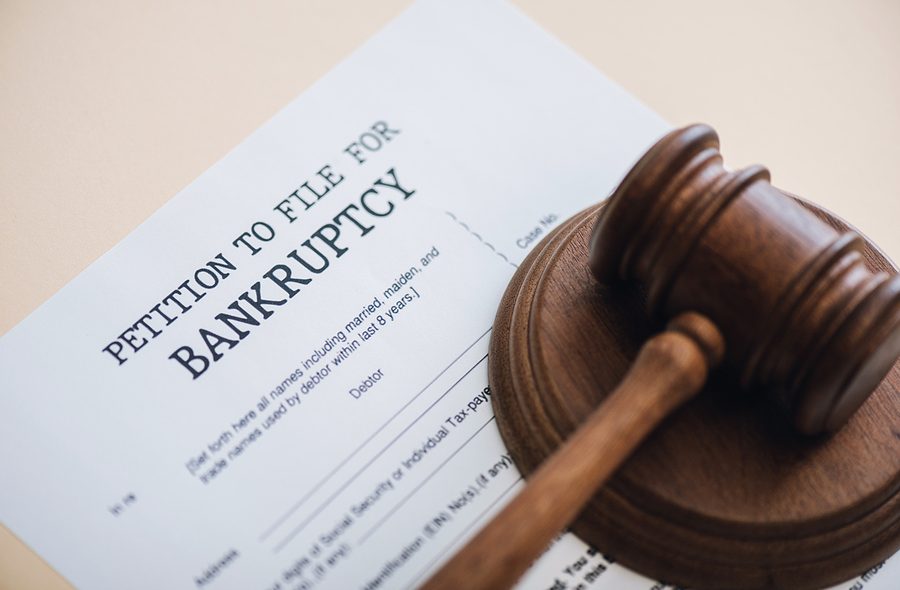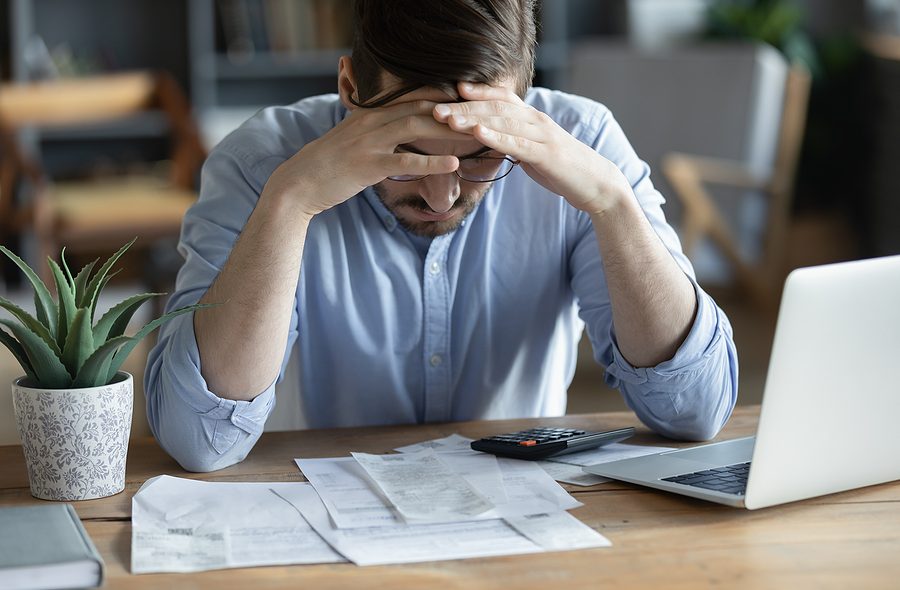A credit card can be a useful tool when it comes to improving a consumer’s credit score or financing large purchases. However, when credit card spending gets out of hand, it can be easy for that balance to grow out of control. The following tips can be helpful for consumers using credit cards to pay for daily expenses.
Avoid Maxing Out Credit Cards
Most credit cards come with a maximum spending limit, and while it can be tempting to rely on that figure when making credit card purchases, it is important that consumers avoid reaching that maximum amount. One reason for avoiding this is a maxed-out credit card can reflect negatively on a consumer’s credit score. If a consumer uses more than 30 percent of his or her available credit, his or her credit score will be reduced. This reduction occurs because credit utilization ratios are considered by credit reporting agencies when calculating a person’s credit score. Many credit cards also tack on fees to the person’s balance if he or she goes over the card’s limit.

